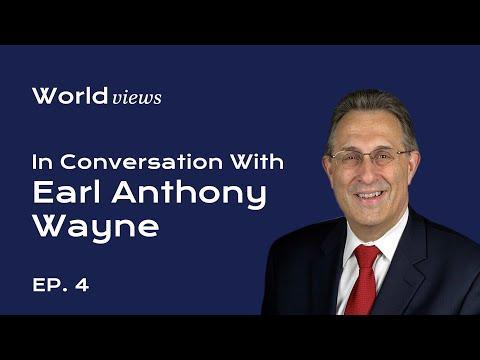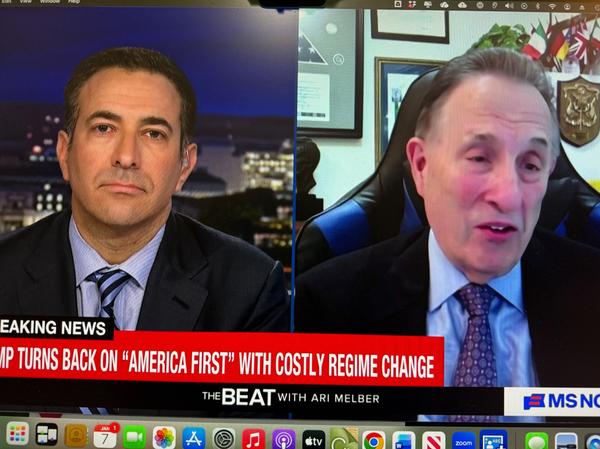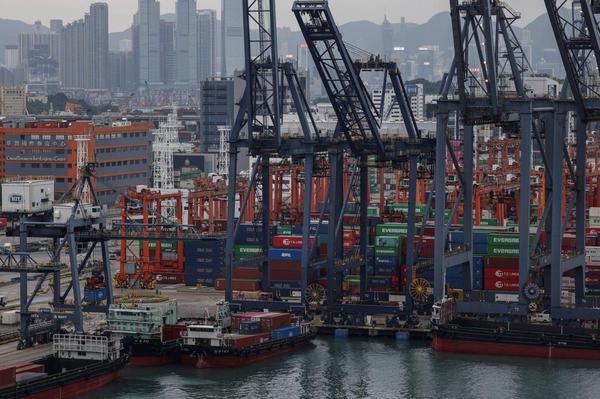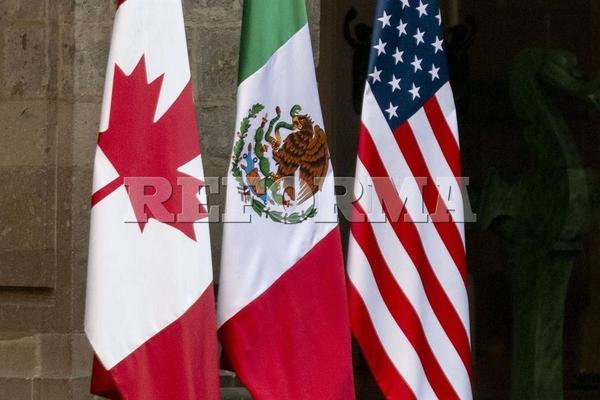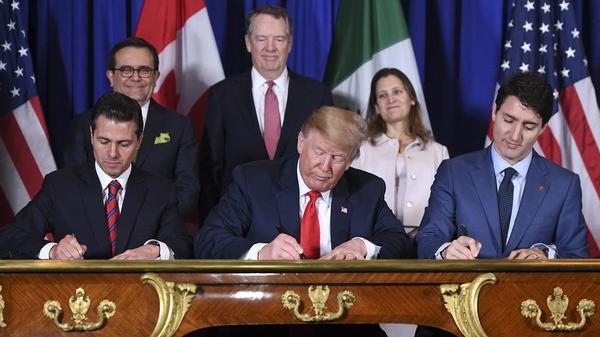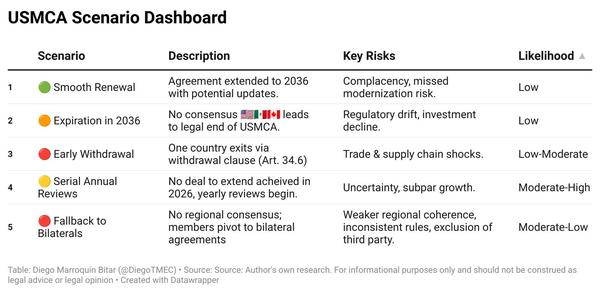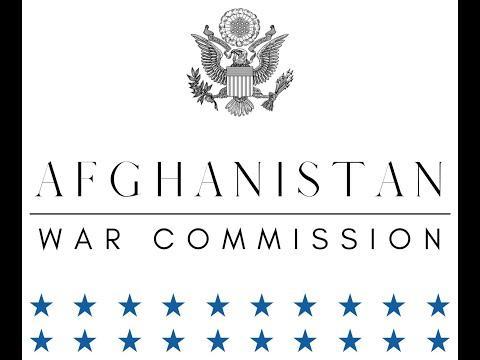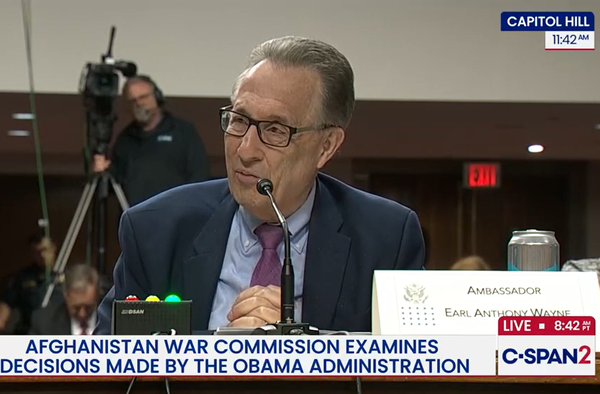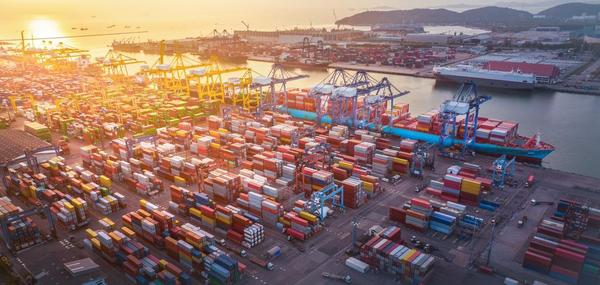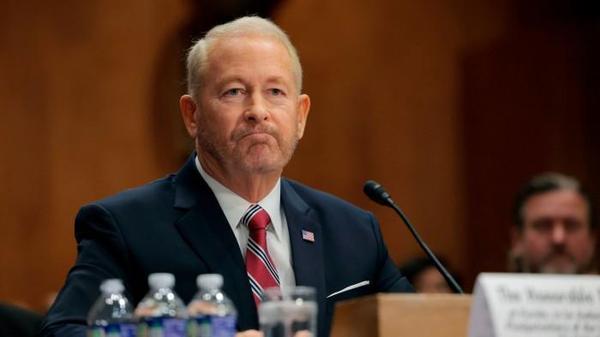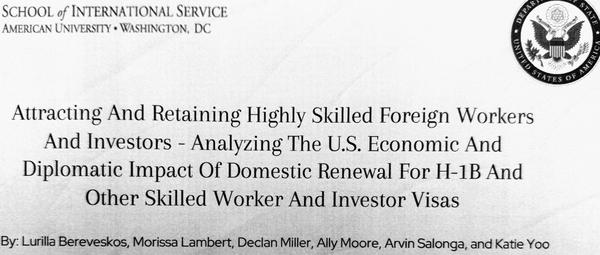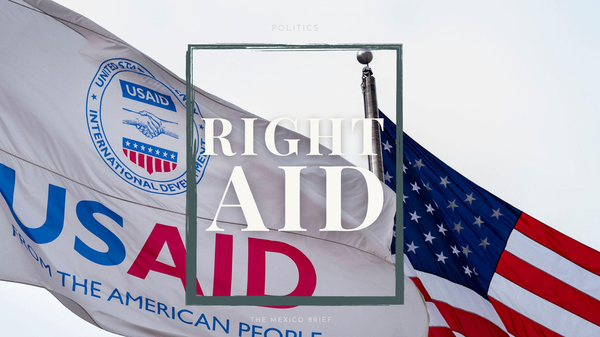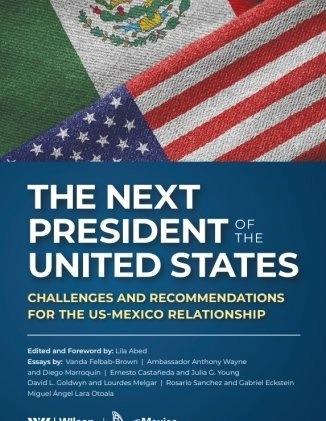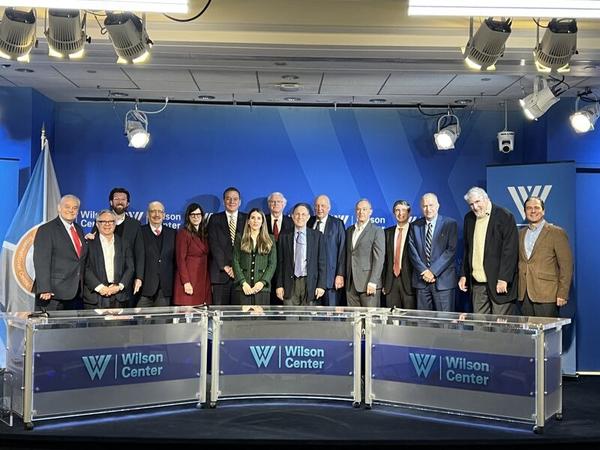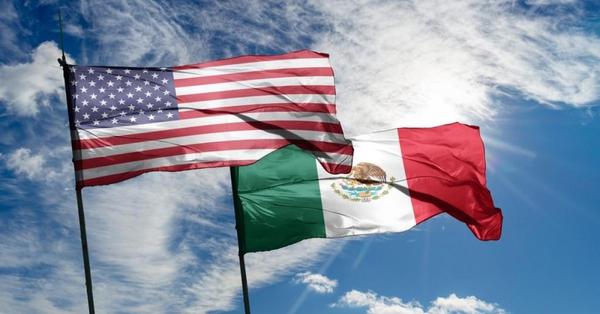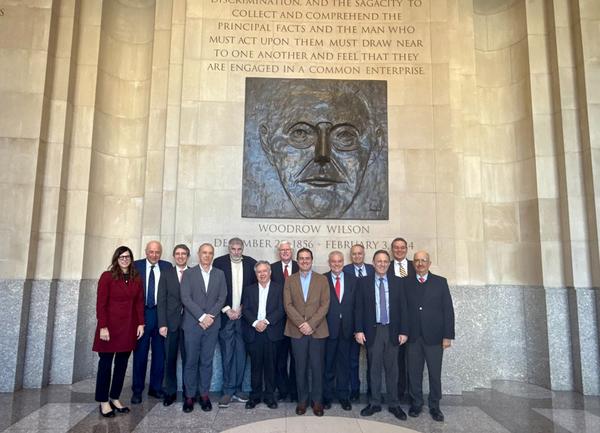
LinkedIn Post
View Diego Marroquín Bitar’s graphic link
Diego Marroquín BitarDiego Marroquín Bitar
• 1stVerified • 1st
USMCA & Trade Expert | Fellow, CSIS | Former Inaugural Bersin-Foster Scholar, Wilson Center | Founder, North America Compass & North America 3.0 | Co-Host, The Mexican Dream | Top 17 Thought Leader (Milenio)USMCA & Trade Expert | Fellow, CSIS | Former Inaugural Bersin-Foster Scholar, Wilson Center | Founder, North America Compass & North America 3.0 | Co-Host, The Mexican Dream | Top 17 Thought Leader (Milenio)
1d • 1 day ago • Visible to anyone on or off LinkedIn
Under a new trade & security paradigm 🇺🇸🇲🇽, intelligence sharing is just the baseline.
High-level prosecutions & the disruption of cartel financial networks inside hashtag#Mexico were set to increase.
The recent capture of Tequila's mayor fits this shift exactly, as we flagged at CSIS Americas Program
You can read the full analysis here 👇🏾
https://lnkd.in/ezAdxPgB
Cecilia Farfán-Méndez, Ph.D. Eduardo Guerrero Gutiérrez Ben Rohrbaugh
View Diego Marroquín Bitar’s graphic link
Diego Marroquín BitarDiego Marroquín Bitar
• 1stVerified • 1st
USMCA & Trade Expert | Fellow, CSIS | Former Inaugural Bersin-Foster Scholar, Wilson Center | Founder, North America Compass & North America 3.0 | Co-Host, The Mexican Dream | Top 17 Thought Leader (Milenio)USMCA & Trade Expert | Fellow, CSIS | Former Inaugural Bersin-Foster Scholar, Wilson Center | Founder, North America Compass & North America 3.0 | Co-Host, The Mexican Dream | Top 17 Thought Leader (Milenio)
1w • 1 week ago • Visible to anyone on or off LinkedIn
Why U.S.–Mexico Security Cooperation Is Falling Short for Washington?
Diego Marroquín BitarDiego Marroquín Bitar
• 1stVerified • 1st
USMCA & Trade Expert | Fellow, CSIS | Former Inaugural Bersin-Foster Scholar, Wilson Center | Founder, North America Compass & North America 3.0 | Co-Host, The Mexican Dream | Top 17 Thought Leader (Milenio)USMCA & Trade Expert | Fellow, CSIS | Former Inaugural Bersin-Foster Scholar, Wilson Center | Founder, North America Compass & North America 3.0 | Co-Host, The Mexican Dream | Top 17 Thought Leader (Milenio)
1d • 1 day ago • Visible to anyone on or off LinkedIn
Under a new trade & security paradigm 🇺🇸🇲🇽, intelligence sharing is just the baseline.
High-level prosecutions & the disruption of cartel financial networks inside hashtag#Mexico were set to increase.
The recent capture of Tequila's mayor fits this shift exactly, as we flagged at CSIS Americas Program
You can read the full analysis here 👇🏾
https://lnkd.in/ezAdxPgB
Cecilia Farfán-Méndez, Ph.D. Eduardo Guerrero Gutiérrez Ben Rohrbaugh
View Diego Marroquín Bitar’s graphic link
Diego Marroquín BitarDiego Marroquín Bitar
• 1stVerified • 1st
USMCA & Trade Expert | Fellow, CSIS | Former Inaugural Bersin-Foster Scholar, Wilson Center | Founder, North America Compass & North America 3.0 | Co-Host, The Mexican Dream | Top 17 Thought Leader (Milenio)USMCA & Trade Expert | Fellow, CSIS | Former Inaugural Bersin-Foster Scholar, Wilson Center | Founder, North America Compass & North America 3.0 | Co-Host, The Mexican Dream | Top 17 Thought Leader (Milenio)
1w • 1 week ago • Visible to anyone on or off LinkedIn
Why U.S.–Mexico Security Cooperation Is Falling Short for Washington?

